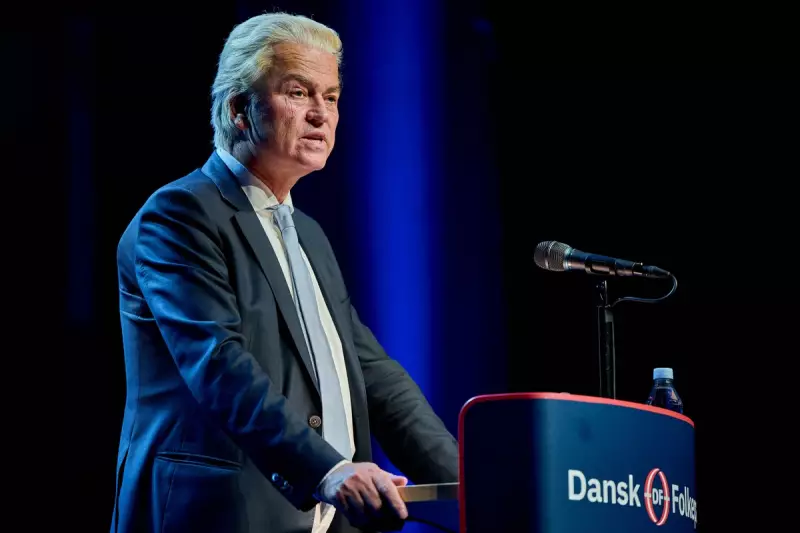
Dutch far-right leader Geert Wilders has been forced to cancel a high-profile visit to Belgium after authorities raised serious concerns about his safety, highlighting growing tensions around political extremism in Europe.
The controversial politician, known for his anti-Islam stance and recent election victory in the Netherlands, was scheduled to appear at two significant events in Brussels and Antwerp. However, Belgian security services intervened, warning of credible threats to Wilders' safety that made the proposed visits untenable.
Security Concerns Force Programme Cancellation
Wilders' planned itinerary included participation in a political debate in Brussels followed by an appearance at a Flemish far-right conference in Antwerp. The events were intended to bolster his international profile following his party's surprising success in recent Dutch elections.
"We received information that made it impossible to guarantee Mr. Wilders' safety during his planned activities," revealed a security source familiar with the situation. "The threat level was deemed unacceptably high."
Growing Tensions Across European Politics
The cancellation comes amid increasing polarisation in European politics, with far-right movements gaining traction across the continent. Wilders' Party for Freedom (PVV) shocked political observers by winning the most seats in the Netherlands' November election, though he continues to face challenges in forming a coalition government.
Belgian authorities have become increasingly vigilant about political events following recent incidents involving controversial figures. The country's intelligence services have been monitoring potential security risks associated with high-profile political gatherings.
International Reaction and Implications
The incident has sparked debate about freedom of speech and political expression across Europe. Supporters of Wilders have criticised the cancellation as an infringement on democratic principles, while others see it as a necessary precaution given the volatile political climate.
Security analysts note that the situation reflects broader concerns about the safety of controversial political figures in an increasingly divided Europe. "When elected officials cannot safely travel between neighbouring countries, it signals deeper problems within our political discourse," commented one European security expert.
The cancellation represents another chapter in Wilders' long history of security concerns. The Dutch politician has lived under constant police protection for years due to numerous death threats related to his controversial views on Islam and immigration.






